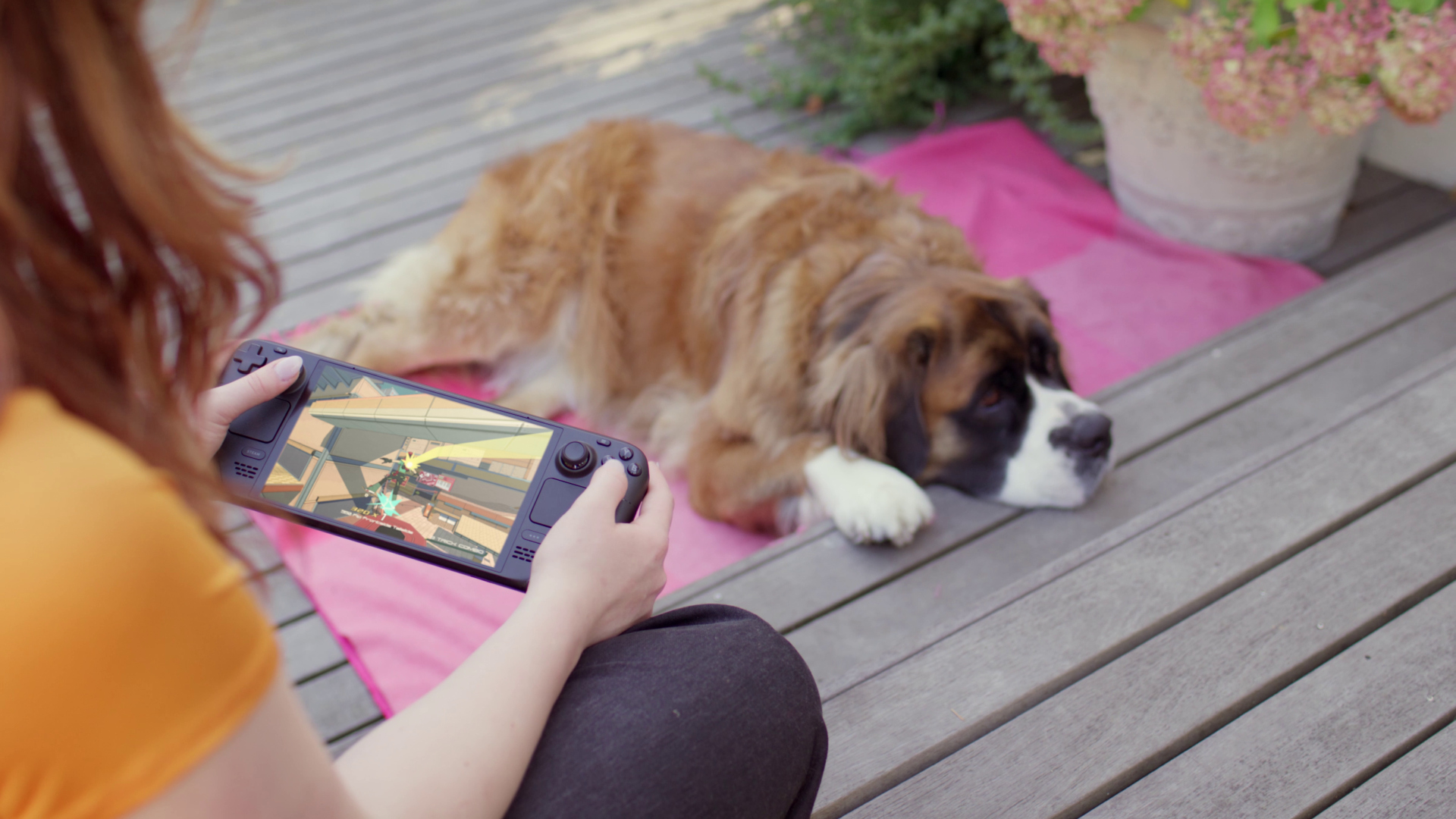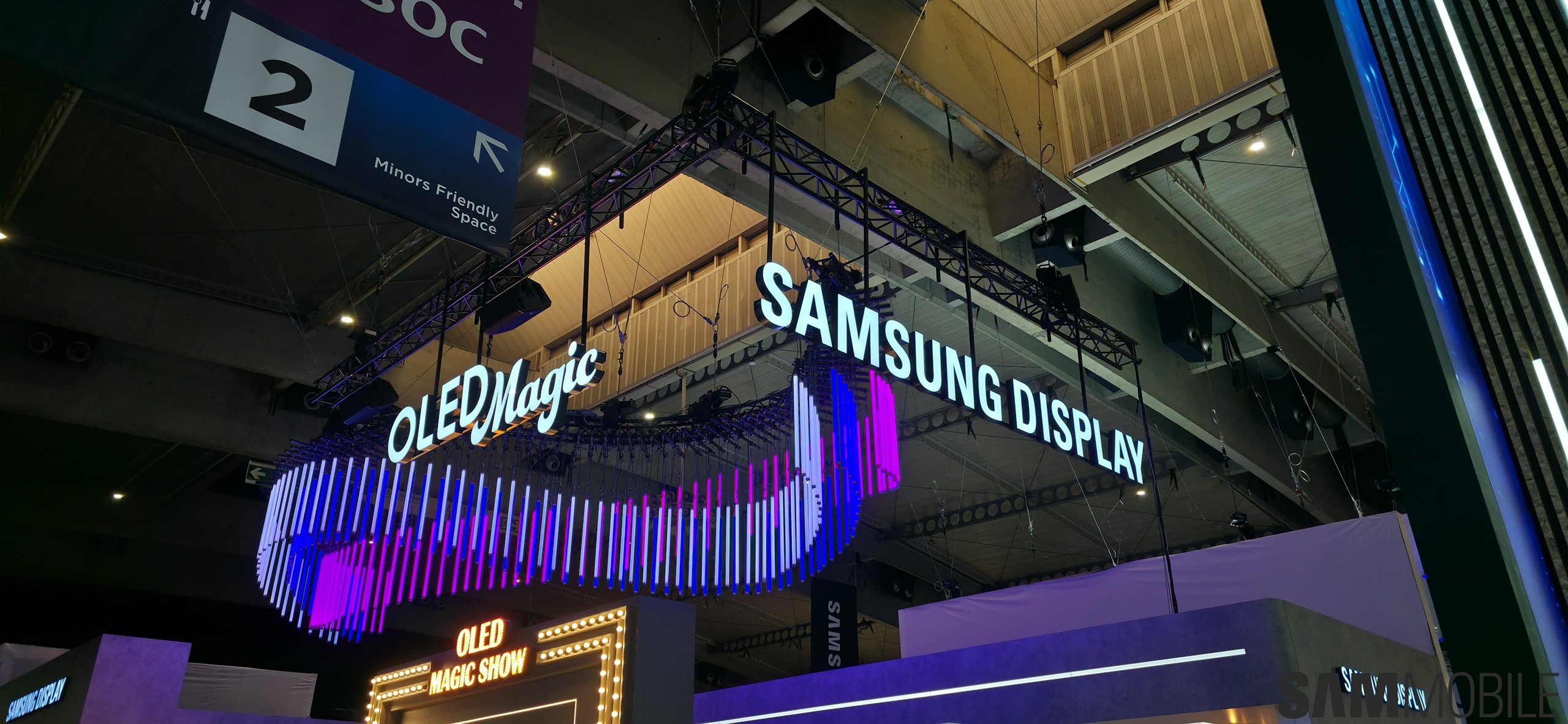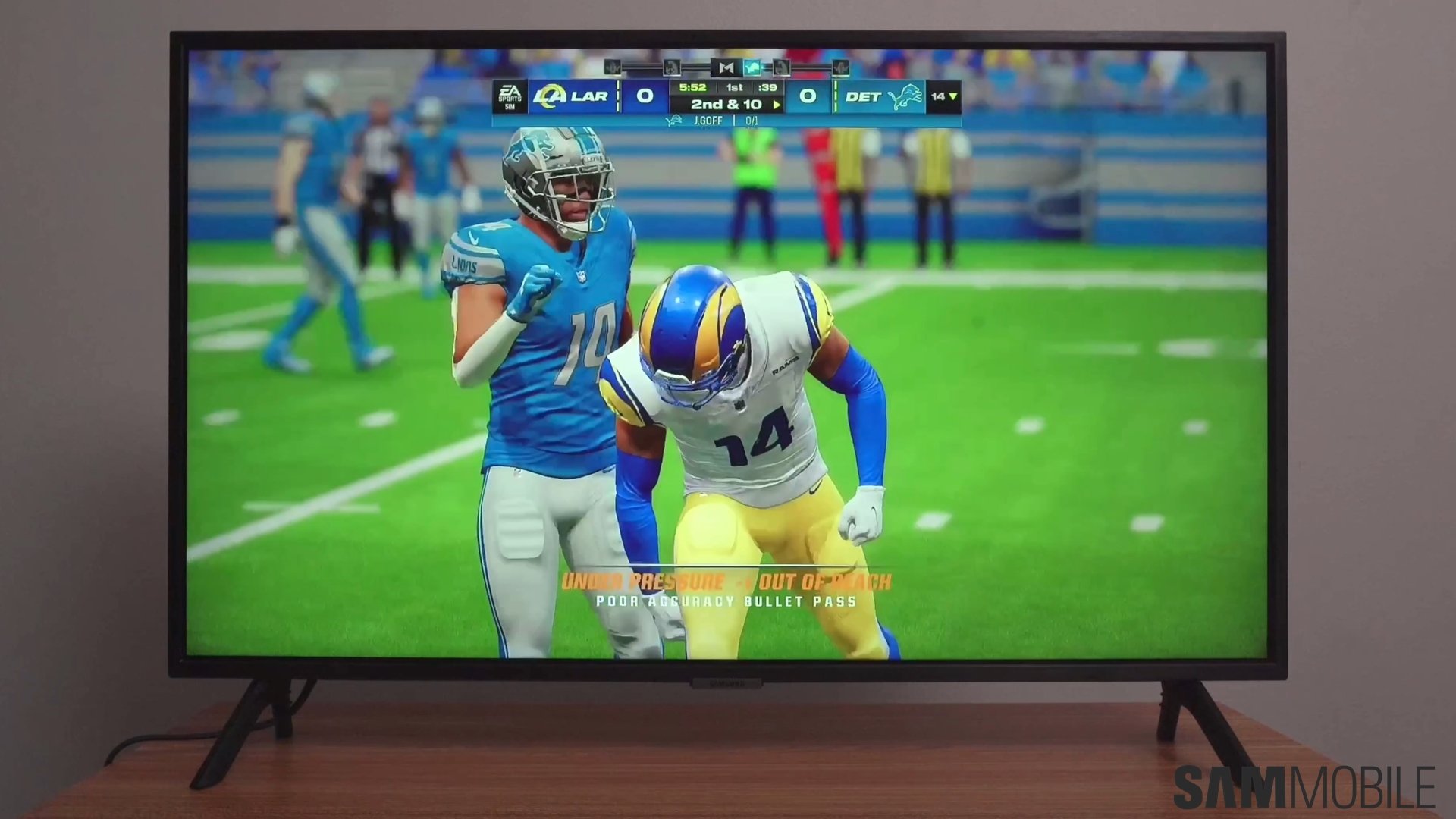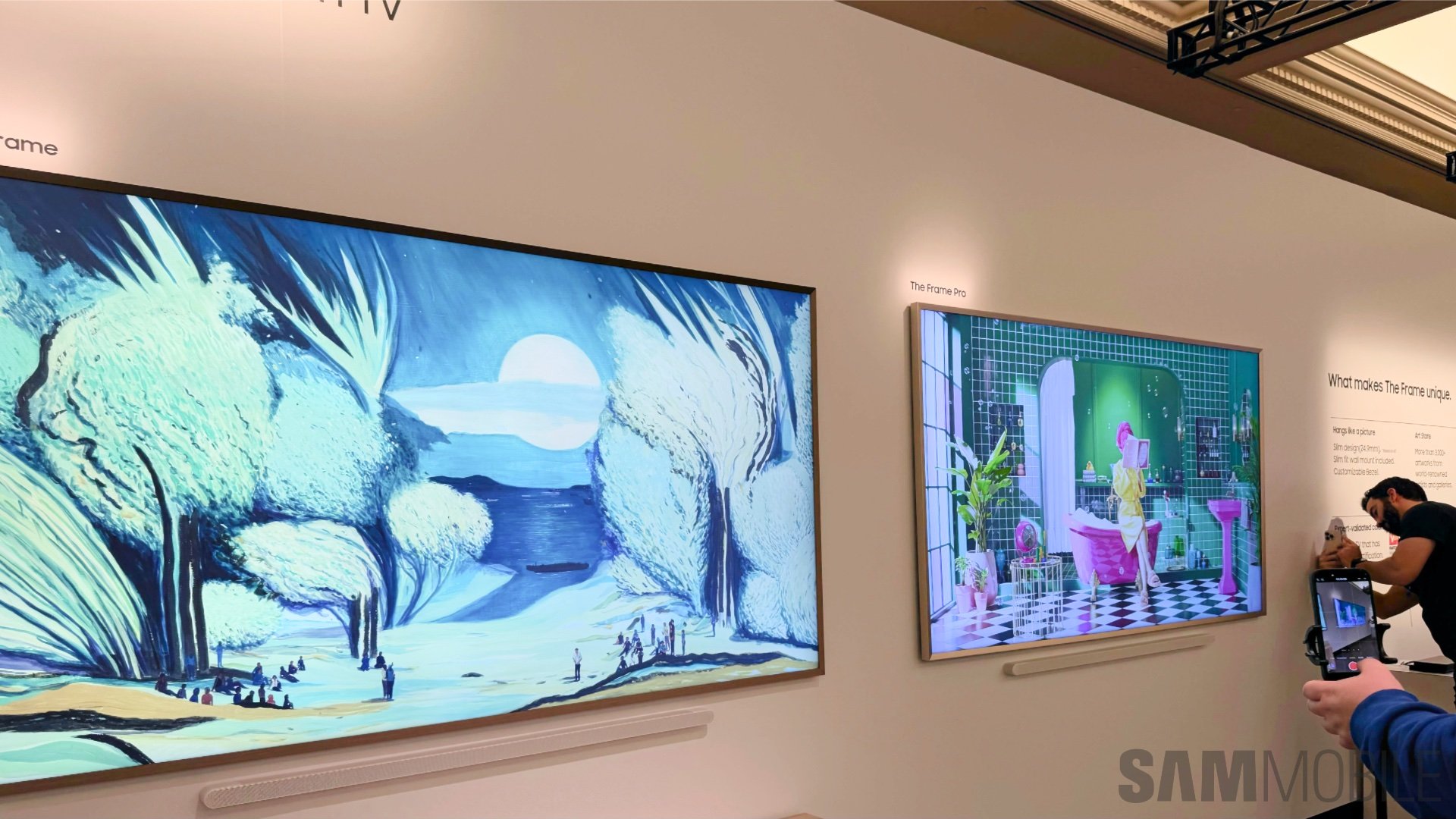
The Steam Deck OLED features a 7.4-inch OLED screen, which is slightly bigger than the original Steam Deck's 7-inch LCD screen. While the panel still uses HD (1,280 x 800 pixels) resolution, it features a 90Hz refresh rate. Since it is a custom OLED panel from Samsung Display, it doesn't use the RGBG (Pentil) sub-pixel matrix. Instead, it reportedly uses a conventional RGB sub-pixel arrangement. It has 600 nits of brightness and can go as high as 1,000 nits when displaying HDR content. It also displays perfect blacks and a lot wider color gamut at 100% DCI-P3 (versus 67% sRGB on the LCD model). It also features a 180Hz touchscreen polling rate.
Since an OLED panel assembly takes way less space than an LCD and weighs less, Steam was able to fit a bigger battery and better heat dissipation mechanism into the Steam Deck OLED. The handheld now has a 50WHr battery (versus the LCD model's 40WHr). The larger heatsink with a newer fan offers reduced fan noise and better thermals. So, the Steam Deck OLED runs cooler and quieter than the Steam Deck LCD.
The company has also improved various other things, including a 6nm version of the AMD processor, louder and bass-ier speakers, faster RAM (6400MT/s), a 29g lighter body, slightly taller and smoother thumbstick, tighter haptics, more precise touchpads, Wi-Fi 6E, Bluetooth 5.3 (now with aptX and aptX Low Latency codecs), and longer battery life (3-12 hours of gameplay). It is also more repairable, but its parts can't be used inside the older model. It is priced at $549 for the 512GB version and $649 for the 1TB version, which also comes with etched glass for lower reflectance and a new carrying case.
Speaking of the OLED screen, check out Samsung's new Flex Display panels in the video below. They will be used in future foldable phones, tablets, and laptops.
Image credit: Valve
















